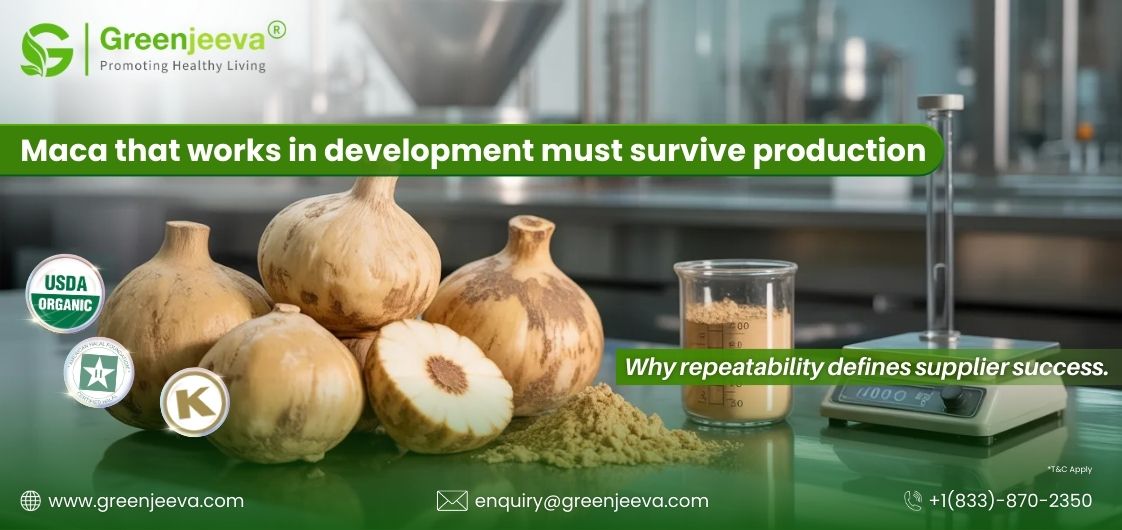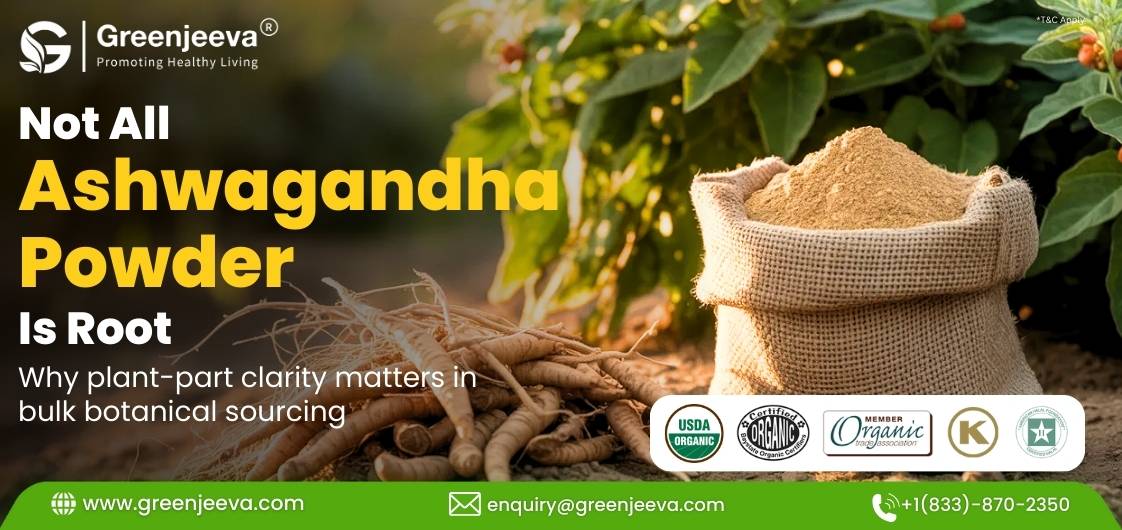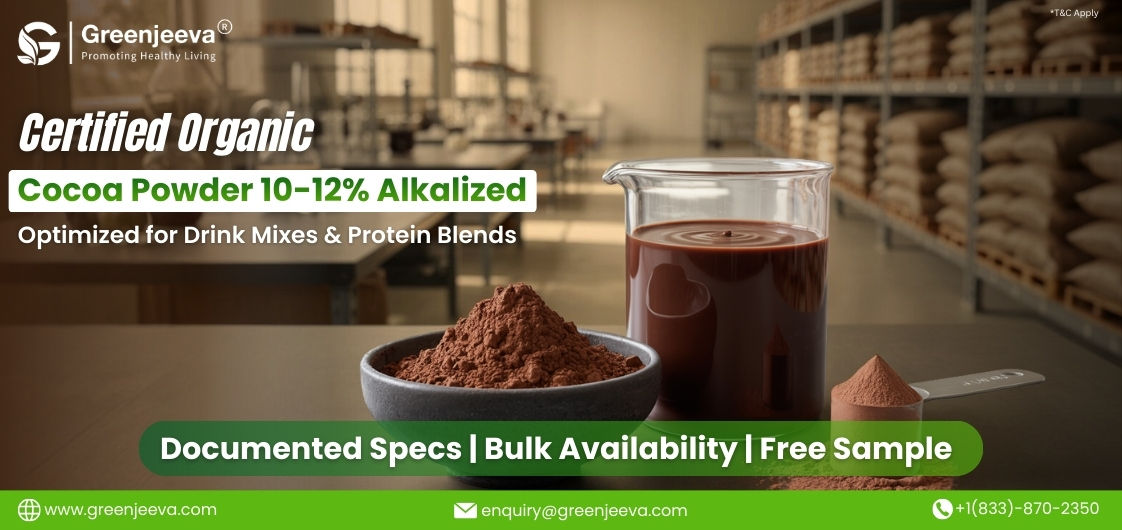The Importance of Enzymes in Biological Systems

What are Enzymes?
Enzymes are basically a kind of protein present within the cells. They support life by working as a catalyst for many chemical reactions taking place in the body. The enzymes contributing in performing many critical functions, such as break down of food items, elimination of toxins, and muscle building.
The body produces enzymes naturally. Digestive enzymes are found predominantly in the small intestine, pancreas, and stomach. The salivary glands also secrete digestive enzymes to help in the initial stage of food break down. Enzymes are also available in the form of pills and can be taken externally.
Different Kinds of Enzymes
- Amylase: These are produced by the salivary glands, small intestine, and pancreas. They work to break down starch into simple sugar.
- Lipase: These are found majorly in the small intestine, stomach, and pancreas. They help in breaking down oils and fats into fatty acids and glycerol.
- Protease: These are produced by the small intestine, stomach, and pancreas. They help break down proteins into amino acids. They also help promote brain health and build muscles.
- Carbohydrase: As its name suggests, this enzyme helps in breaking down carbohydrates into sugar.
What Are Enzymes Affected By?
Enzymes cannot function in all environments and require an ideal condition to work. They tend to alter their shape in unsuitable conditions. Every enzyme has its own ideal pH and temperature.
- Temperature: Enzymes work perfectly at normal body temperature, 98.60 Enzyme reactions increase with increase in temperature. However, enzymes may stop working at extremely high temperature.
- pH: Enzymes do not work if the environment in your stomach is basic or acidic.
Lesser-Known Facts About Enzymes
- Enzymes Aid Brain Function
The endocrine system is regulated by the hypothalamus in the brain with our emotions playing an important role in this. Having said that, the hypothalamus depends on glucose for its proper function and the glucose, in turn, is supplied by the liver. Enzymes aid the glucose production activities of the liver.
- Enzyme isn’t a Food; It is an Element
Though the body produces certain enzymes on their own, these aren’t sufficient for the body to maintain a balanced metabolism. Hence, it is important to determine which foods are good sources of enzymes. Cooked and processed food items do not contain any enzymes. This makes it important to consume raw, unprocessed, fresh foods.
- Plant-Based Enzymes are Productive
It is a matter of fact that plant-based enzymes are found to be effective across a wide pH spectrum. These enzymes serve as a substitute for breaking down milk, carbohydrates, fat, and starch.
- Enzymes Help Control Weight
One of the most surprising facts about enzymes is that it promotes weight control. Though they are not a weight loss product, yet they help in absorbing food easily and reducing the quantity of it that is transformed into fat. This, in turn, help in reducing fat accumulation in the body.
- Presence of Enzymes Alters with Age
The production and development rate of enzymes in the body decreases as you age. As we grow older, the body develops fewer protease, amylase, and lipase.
When Do You Need Enzyme Supplements?
People suffering from potential chronic health issues can take enzymes supplements to ensure normal body functions. However, it is recommended to take them as directed by your physician.
Also read: https://www.greenjeeva.com/blog/the-power-of-natural-flavoring-and-coloring-agents-in-food-and-beverage-products
Disclaimer:
The above statements are not intended to cure any disease or comply with any health benefits. This is solely for information purposes. Please consult your doctor/health practitioner before consumption of the product. Although we take efforts to keep our website informative, we do not guarantee any medical benefits.






